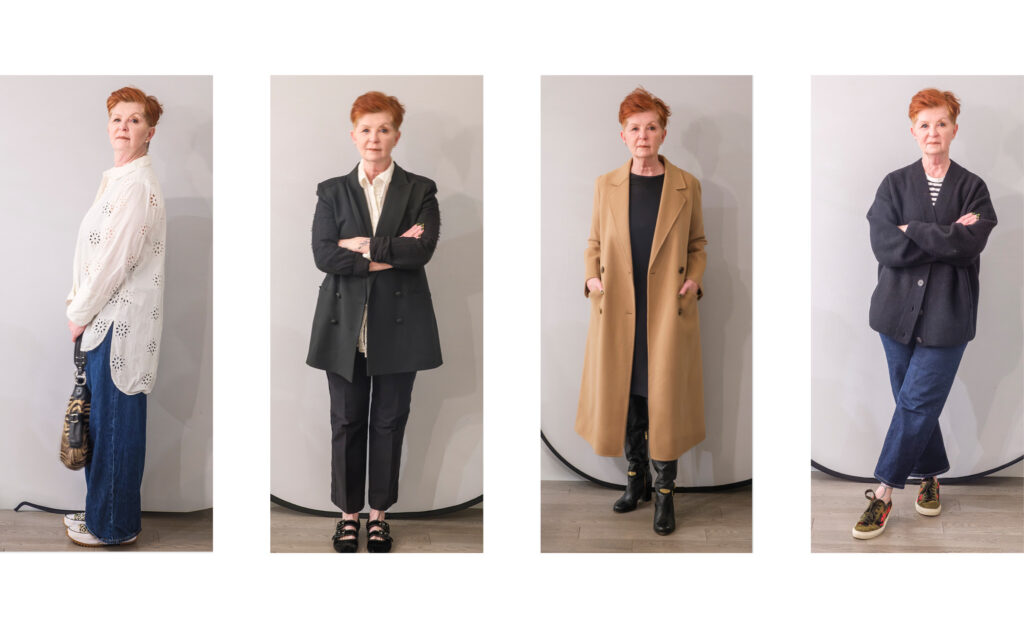Forget everything you know and love about physical magazines. Forget their length. Forget their size. Forget their publishing schedule. Forget everything but what it’s like to come to the end, and to take a deep breath. Doesn’t it feel great?
Over the years, we’ve watched technology grow like a child: it starts out mostly crying and pooping, then crawls, gradually learns to walk, then run, and finally it’s able to run at a speed we all wish we could keep up with. We’ve seen technology fail, and we’ve seen it succeed. We’ve poked fun at it when it doesn’t make sense, and we’ve praised it when it seems absolutely brilliant. We’ve yelled at it when it runs out of power and we’ve fixed or replaced it when it breaks. We treat technology as a family member. You can’t blame us: it has certainly made aspects of our lives easier: We’re no longer forced to send letters through the mail, book vacations through travel agents, shop in stores or wait for photos to be developed. At the same time though, technology can make life more convoluted.
It is thanks to today’s – and tomorrow’s – technology that writing as an art form is evolving. While content is still the basis for information, the innovative ways in which it’s being used to fit today’s digital format will affect tomorrow’s literary scene. And what about magazines? There is no question a number of magazines will eventually go purely electronic, and that shouldn’t surprise anyone.
Think about this: it may seem strange to think about printed publications as having a “user experience,” but they do. Print is a technology as much as desktop computers and tablets are. Print has a sense of completion, defined by its physical edges; it is a quality untouched by digital formats. The digital experience makes one want to connect and expand outward, while print calls for limit and intimate focus. As much as the digital world offers endless hours of searching and entertainment, it can also be stressful. How many times have you found yourself, link after link pushing you along, until suddenly you end up reading about polar bears on an entirely different website than you started on … and you haven’t come “up for air” for hours.
If all magazines went solely online, I would miss the edges – physically. I would miss the start of reading a magazine, but mostly, I would miss the finish. I would miss the satisfaction of putting the bundle down, knowing I had gotten through it all. Nothing left. On to the next one!




